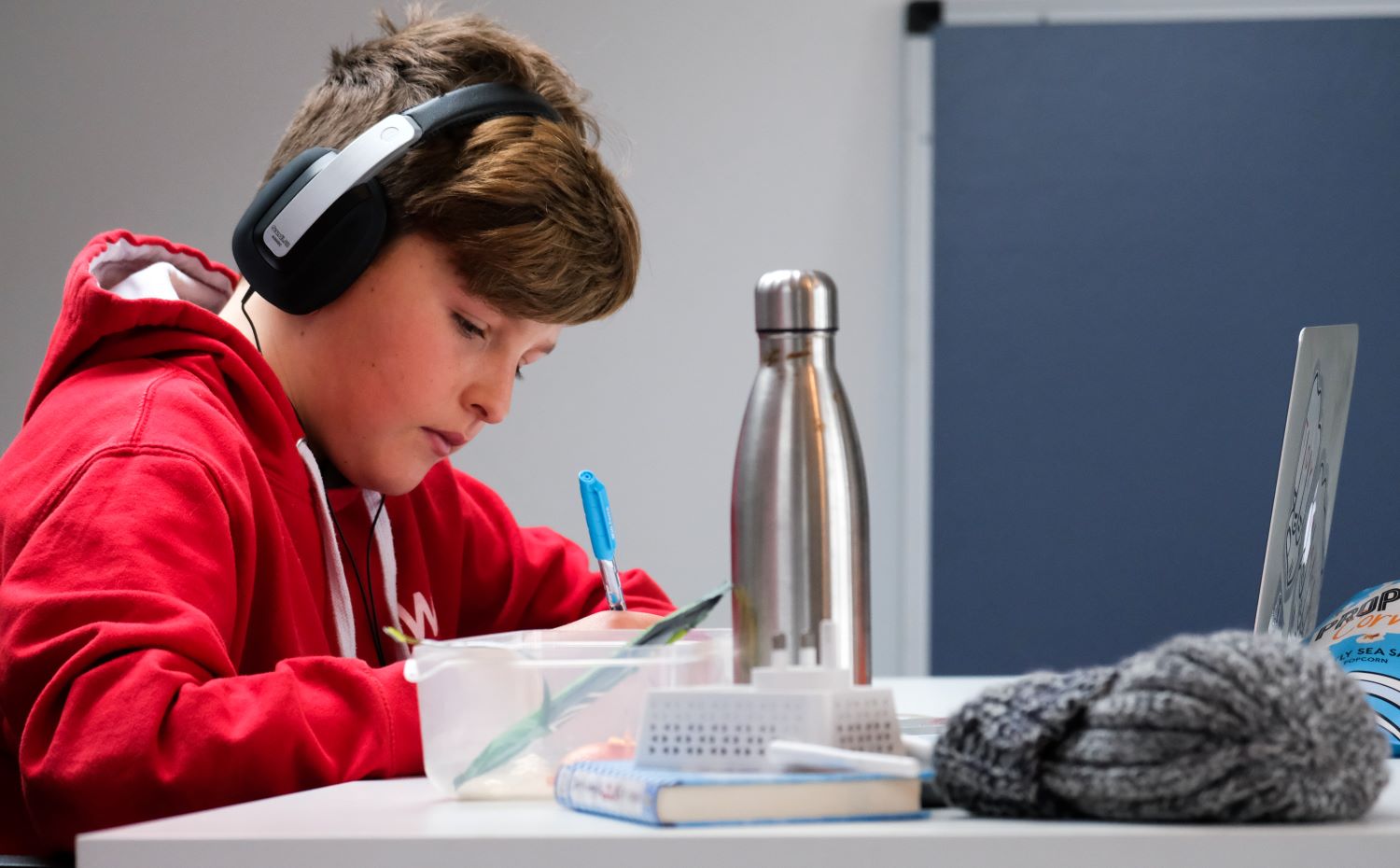
The COVID-19 pandemic has disrupted learning worldwide, resulting in an estimated loss of over a year of schooling for students globally. While the health, social, and economic effects of the pandemic have been significant, its longer-term impacts on well-being have not yet fully manifested. In particular, school closures and ineffective remote learning have dealt a severe blow to human capital accumulation, which could negatively impact intergenerational mobility.
In a new paper, researchers examine the potential long-run welfare effects of worldwide school closures and find that the loss of learning may significantly reduce intergenerational mobility in many countries, particularly those in the upper-middle-income category.
The decline in absolute mobility, which measures the percentage of children with more education than their parents, is estimated to be an average of 9 percentage points in high-income countries and 4 percentage points in developing countries. In upper-middle-income countries, the decline is the most significant, with losses large enough to reverse past improvements in absolute mobility in lower middle-income countries during the 1960s and 1970s.
The decline in relative mobility, which measures the correlation between parents’ and children’s years of education, is estimated to be 2-3 percent in developing countries and 1-4 percent in high-income economies due to unequal learning losses within countries. The decline in relative mobility is equivalent to approximately 40 percent of the decline observed between the 1970s and 1980s birth cohorts in developing countries. More optimistic assumptions about the effectiveness of remote learning lead to greater impacts on relative mobility, with a decline of up to 80 percent under certain scenarios.
To address these challenges, policymakers must prioritize interventions that recover learning losses, particularly for children from disadvantaged socioeconomic backgrounds who have limited access to remote learning. While the effects estimated in the paper are not necessarily irreversible, timely remedial measures are crucial to recover the learning losses and avoid long-term risks to intergenerational mobility.
(Sorce: World Bank Blog)

